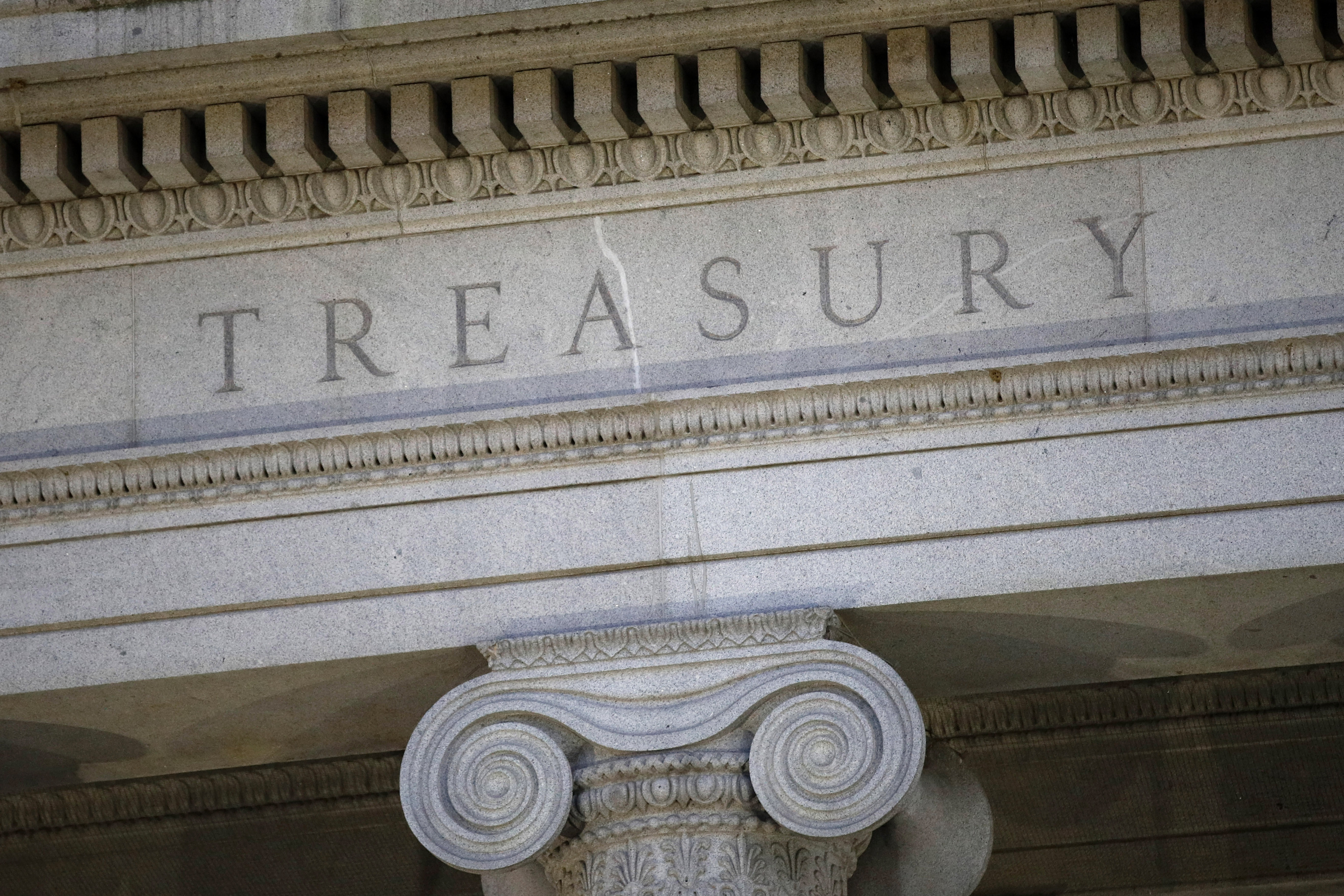The U.S. imposed sweeping sanctions Friday on hundreds of firms in Russia and across Europe, Asia and the Middle East, accusing them of providing products and services that enable Russia's war effort and aiding its ability to evade sanctions.
Among those sanctioned by the Treasury Department were 60 Russian-based technology and defense companies, including three Russian financial tech companies. Also sanctioned were firms in Turkey, France and Hong Kong that act as suppliers to Russia-based Promtekh, a wholesale distributor of transportation equipment, and an ammunition procurement network connected to Italian and Turkish nationals, who also face sanctions.
Friday's action is the latest in a series of thousands of U.S. sanctions that have been imposed on Russian firms and their suppliers in other nations since Russia's invasion of Ukraine in February 2022. The effectiveness of the sanctions has been questioned, especially as Russia has continued to support its economy by selling oil and gas on international markets.
Additionally, the State Department designated people and firms involved in Russia's energy, metals and mining exports; drone production; subsidiaries of Russian state-owned nuclear energy corporation Rosatom; and people the U.S. says were involved in kidnapping Ukrainian children and making them identify as Russian.
The announcement comes one day before Ukraine's independence day and as Ukrainian forces push into Russia's Kursk region.
Friday's action is intended to make good on commitments that President Joe Biden made with his Group of Seven counterparts in Italy this summer to disrupt Russia's military supply chains and drive up costs for its war machine.
"Russia has turned its economy into a tool in service of the Kremlin's military industrial complex," Treasury Deputy Secretary Wally Adeyemo said in a statement announcing the sanctions. "Companies, financial institutions, and governments around the world need to ensure they are not supporting Russia's military-industrial supply chains."
Earlier this year, the U.S. passed an aid package for Ukraine that allows the administration to seize Russian state assets located in the U.S. and use them for the benefit of Kyiv.
Shortly thereafter, the leaders of the Group of Seven wealthy democracies agreed to engineer a $50 billion loan to help Ukraine in its fight for survival. Interest earned on profits from Russia's $300 billion in frozen central bank assets mostly in Europe would be used as collateral.
